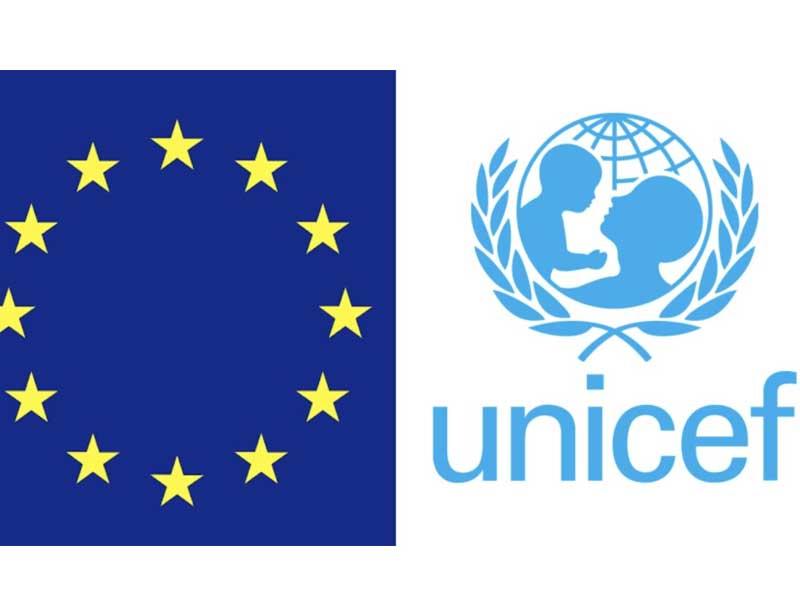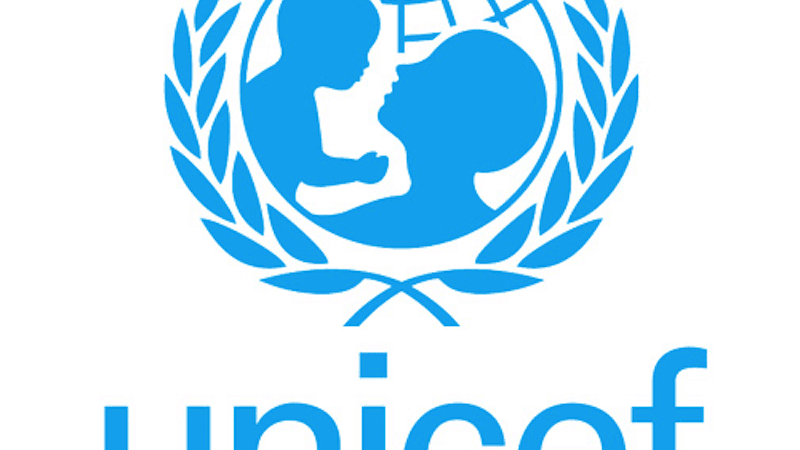By Amby Uneze in Owerri
Â
For the children and women forming the greater percentage of the population in the society, the United Nations children Fund (UNICEF) has advocated for an increase in budget allocation by various state governments to take care of their welfare and tackle health challenges.
The UNICEF Chief of Field Office, Enugu which covers seven states of Abia, Anambra, Benue, Cross River, Ebonyi, Enugu and Imo, Dr. Ibrahim Conteh, stressed that since the role of UNICEF was to support the state governments cater for the development of children and women, it behooveg on the government to map out enough resources in their budget in order to meet up such challenges.
Speaking during a one-day FGN/UNICEF Country Programme of Cooperation Mid-year Review/Planning meeting held at the Nike Lake Resort, Enugu, Conteh noted that in as much as the welfare of the citizens was the responsibility of government, UNICEF was in no way trying to replace government, rather to support government effort.
He said, “What we try to do is that we support government effort. We also know that when it comes to development funding, capital budgets coming from government is not more. Our role is to continue to advocate with government to budget more for children and women. Some state’s budget for the welfare of children and women are far much limited compared to the population of children.Â
“What we do at UNICEF is that we continue to advocate on behalf the children, we continue to engage with government, we continue to ask for government counterpart funding to be upscale, so that we can do much for children. UNICEF brings in part and then government brings in even more directed towards issues of children and women because children are the future of every nation,†he advocated.
He added that the meeting was for the UNICEF to review the programme implementation and partnership with the states in the last six months, to see the achievements made in the work plan that was agreed for the last six months, to see challenges they faced and to also discuss some of the lessons learnt so that “we will be able to plan better for the next six monthsâ€.Â
“Part of it also is to discuss specific priorities for next year because our country programme in the last four years is finishing at the end of this year and at this stage we are already beginning to think what would be the focus areas for the next country programme (2018-2022). So in this meeting we will also touch a bit on that but we still have another opportunity at the end of the year to even sharpen that folder so that we will be clearer based on our experiences in the last country programme. I’m sure we would have defined some new areas of focus that we will be talking about so that come next country programme we would have issues we want to deal with, â€Conteh noted.Â
In his remarks, the Executive Secretary of Enugu State Economic Planning Commission (ESEPC), Mr. Dan Nnayereugo Onyishi said that Enugu State was one of the states benefitting from the UNICEF support programmes on some sectors: education, health, gender, planning commission for social protection agency, and poverty alleviation.Â
He expressed satisfaction of UNICEF activities in the state, adding that “basically every year or mid-year UNICEF gathers the states to review the performance of activities of the UNICEF supported programmes in the states by looking at the achievements, the targets, review them and identify the outstanding activities and schedule those ones for completion within the remaining part of the yearâ€.Â
Onyishi stated that by next year UNICEF would be commencing the development of a new programme cycle which the meeting would equally come up with a broad policy goal that would form the basis for incorporating in the new UNICEF programme circle. He described the meeting as an activity performance review meeting aimed at identifying challenges as well as looking at the outstanding programmes that are required to be completed within the current fiscal year.Â
“Over the years we have worked closely with UNICEF to get funding support, take a few quality initiative and the current governor of Enugu state, Rt. Hon. Ifeanyi Ugwuanyi took the initiative, scale up our intervention in the area of child rights which was an issue that was hanging for years. Before now Enugu state was not child-friendly and the governor came on board and decided to change that position and today Enugu state is children-friendly. There are so many areas like social protection, gender, immunisation and birth registration; these things are activities UNICEF is helping the state do to be able to scale up reform in many sectors.Â
“The governor is basically driving the process of ownership of these UNICEF supported programmes. The leadership is strongly committed on its own on how to improve the social protection issues in the state. We are leveraging on the support from UNICEF to build the capacity of actors within MDAs to be able to embrace this reform and institutionalise it on the way the governor has initiated them,†he stated.
Highlighting other ingredients of the meeting, UNICEF’s anchor person, Maureen Zubie-Okolo noted that the mandate was to achieve results for the children and women, stating that 45 per cent of the population of the states were below 15 years and 52 per cent below 18 years of age. Statistically, she observed that under-five mortality were 128 per 1000 in 2013, while infant mortality stood at 69 per 1000.
She identified core implementation strategies to include; capacity development at different levels; evidence generation, policy dialogue and advocacy; communication for development (C4D); knowledge management and exchange partnerships; South-south and triangular cooperation; identification and promotion of innovation; integration and cross-sectoral linkages, and service delivery.


